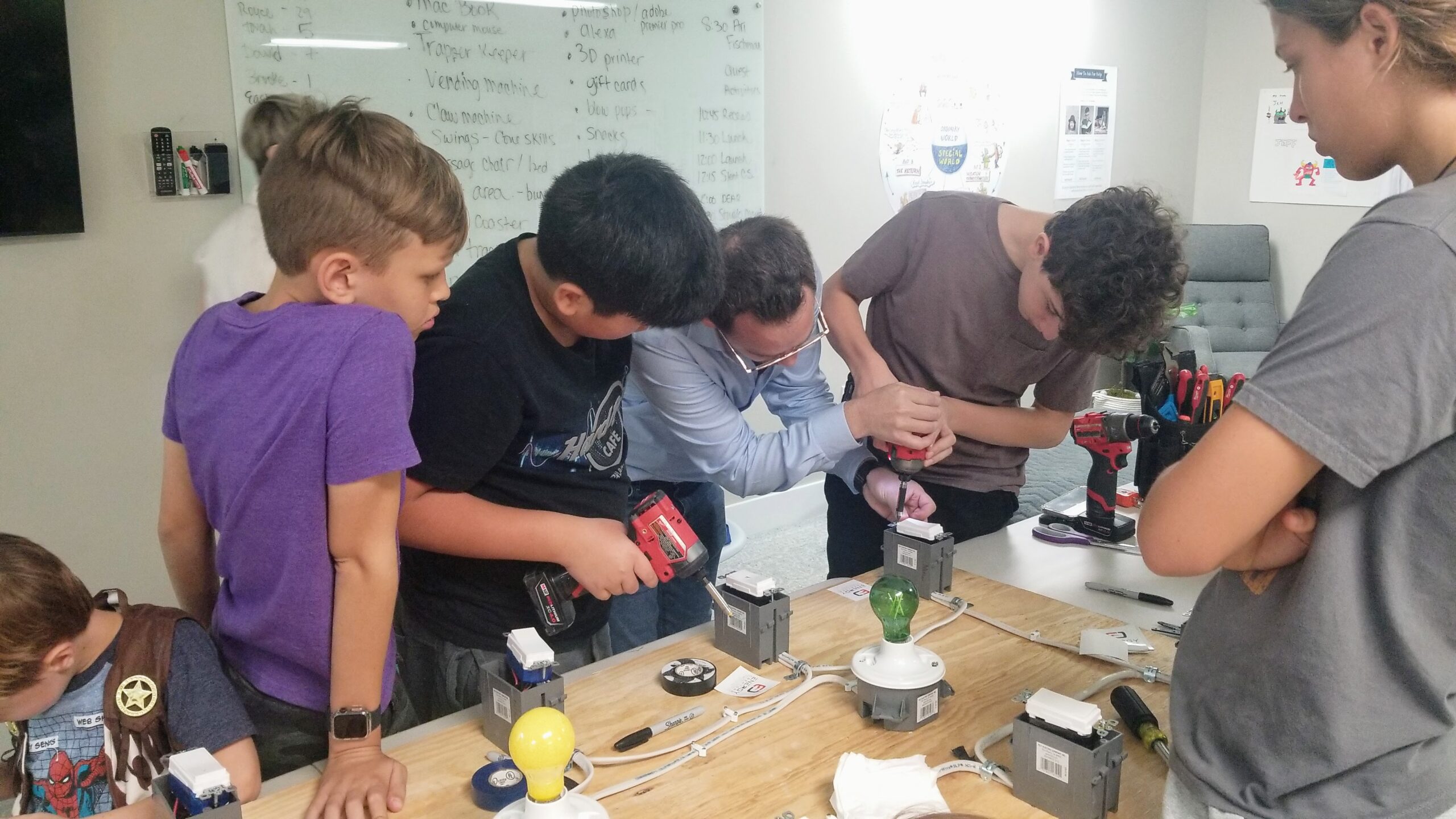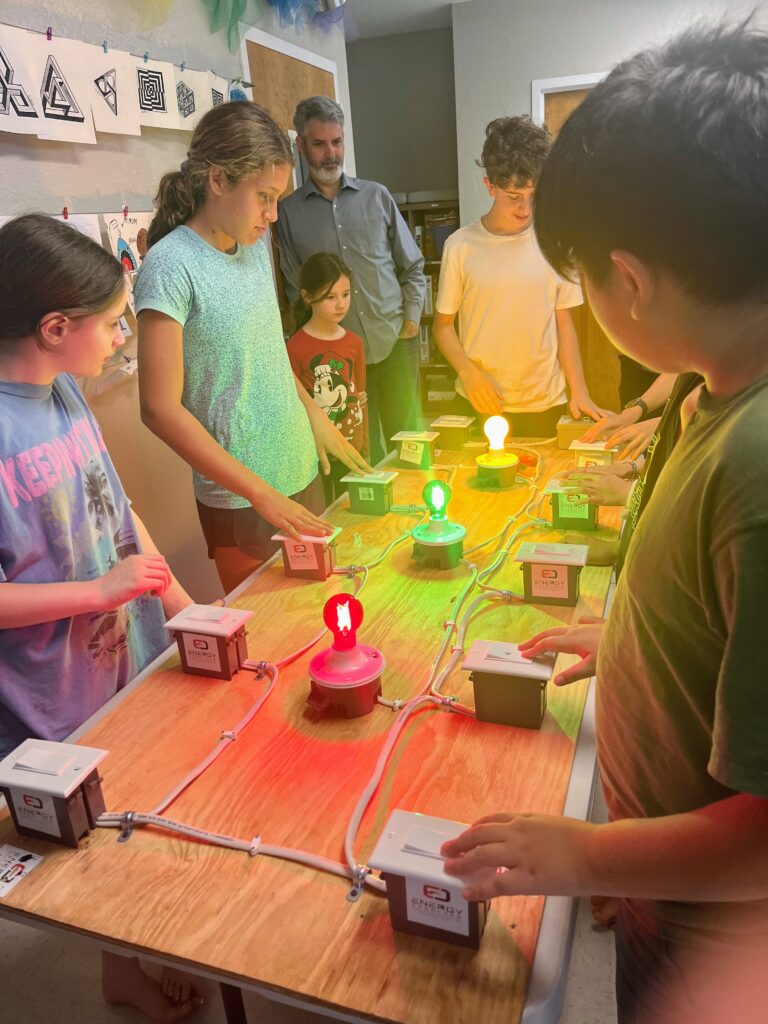
In traditional educational systems, grades are often viewed as the primary measure of student progress and achievement. However, Acton Academy takes a different approach, emphasizing self-directed learning, real-world projects, and personalized feedback over traditional grading systems. But how does Acton Academy track progress without relying on grades? Let’s delve into this innovative approach.
Emphasis on Mastery Learning
At Acton Academy, the focus is on mastery learning, where students are encouraged to progress through material at their own pace until they demonstrate a deep understanding of the subject matter. This approach contrasts with traditional grading systems, which often prioritize completion of assignments over mastery of content. Instead of receiving a letter grade on a report card, students at Acton Academy receive feedback on their work, highlighting areas of strength and areas for improvement. This feedback is personalized and tailored to each student’s learning journey, helping them understand where they excel and where they need to dedicate more effort.Project-Based Learning
Another key aspect of Acton Academy’s approach is project-based learning. Rather than memorizing facts and figures for exams, students engage in real-world projects that require critical thinking, problem-solving, and collaboration skills. These projects allow students to apply their knowledge in meaningful ways and demonstrate their understanding through tangible outcomes. To track progress in project-based learning, Acton Academy employs a variety of tools and techniques. These may include project portfolios, peer evaluations, self-assessments, and reflections. By actively participating in the project process, students develop a deeper understanding of the subject matter and acquire valuable skills that go beyond what can be measured by traditional grades.Self-Reflection and Goal Setting
Central to Acton Academy’s philosophy is the belief that students should take ownership of their learning journey. This includes setting goals, reflecting on their progress, and taking steps to continually improve. Rather than relying on external motivators like grades, students are encouraged to develop intrinsic motivation and a growth mindset. To facilitate self-reflection and goal setting, Acton Academy provides students with tools and guidance to track their progress over time. This may involve regular check-ins with mentors, journaling exercises, or the use of digital platforms to document achievements and milestones. By actively engaging in this process, students become more self-aware and empowered to take control of their education.Peer Accountability and Collaboration
In addition to working closely with mentors, Acton Academy students collaborate with their peers to support and challenge one another. Peer accountability is built into the learning environment, with students holding each other accountable for meeting deadlines, upholding standards of excellence, and supporting each other’s growth. Through collaborative projects, group discussions, and peer feedback sessions, students learn from each other’s strengths and perspectives. This not only enriches their learning experience but also fosters a sense of community and belonging within the school.Conclusion
In conclusion, Acton Academy’s approach to tracking progress without grades is rooted in a commitment to student-centered learning, mastery-based assessment, and real-world application of knowledge. By emphasizing mastery learning, project-based learning, self-reflection, and collaboration, Acton Academy empowers students to take ownership of their education and develop the skills they need to thrive in an ever-changing world. Rather than focusing solely on grades as a measure of success, Acton Academy measures success by the growth, progress, and self-actualization of each individual student. This holistic approach to education prepares students not only for academic success but also for a lifetime of learning, adaptation, and innovation.




